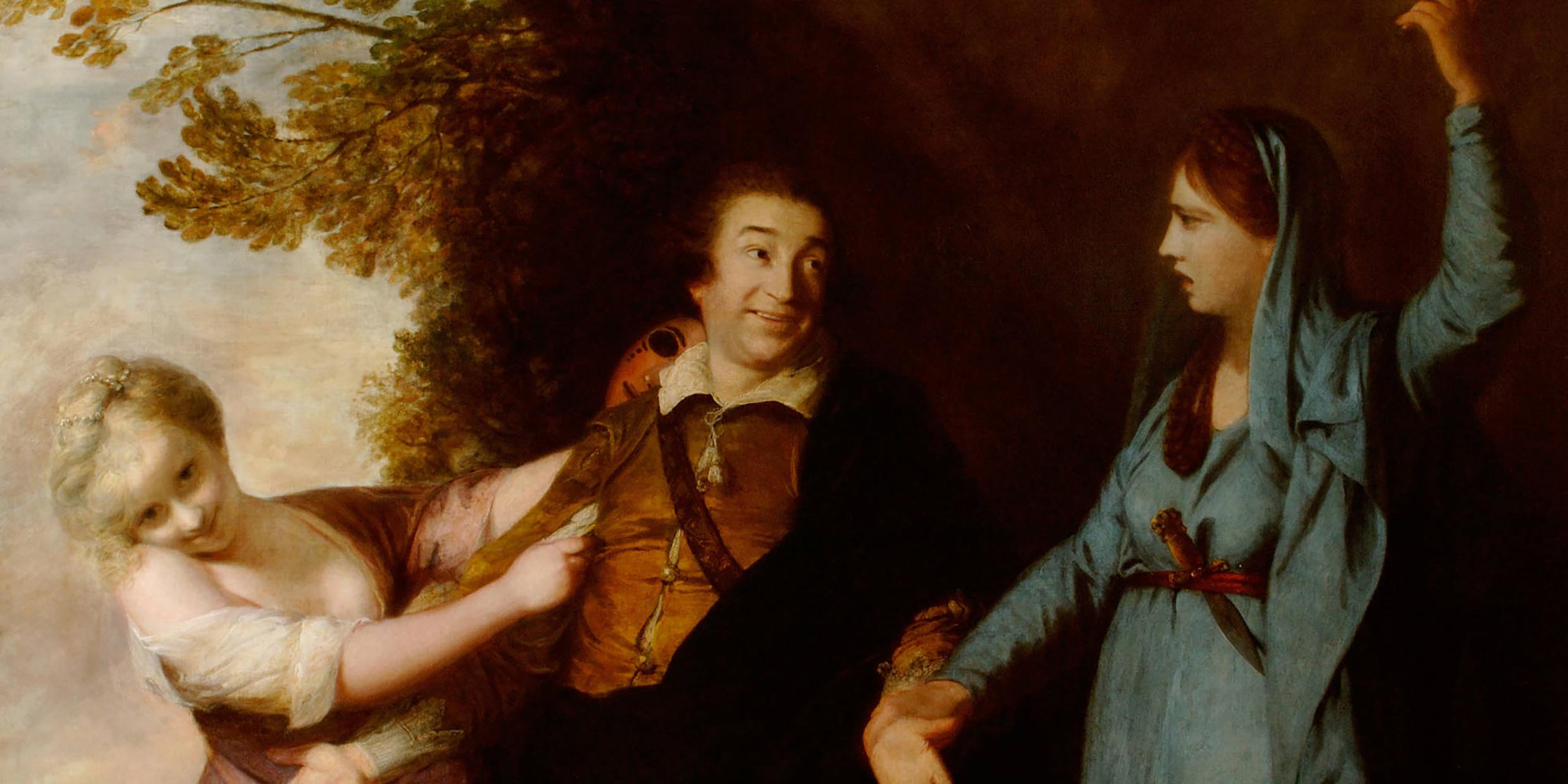Originally published 12 October 1998
Birds do it, bees do it, even educated fleas do it.
What do they do?
With apologies to Cole Porter, they cheat on their mates.
Republicans do it, preachers do it, even — oh dear! — teachers do it.
Which is why the American people seem to have decided that Bill Clinton should not be impeached.
Extramarital hanky-panky may be tacky. It may be sleazy. It may even be deeply immoral and — in the event of perjury — illegal. But it is not a high crime or misdemeanor, at least according to the folks who respond to polls.
So what does this mean? Is America in a moral decline, more tolerant of adultery than in the past? Or do we instinctively know that humans — males especially — are biologically inclined to fool around, and that monogamy is a cultural or religious ideal at odds with our genes?
Bill betrayed his spouse and embarrassed the nation, but he may have been following a script written in his DNA rather than in his moral conscience. In the old days, the excuse was “the devil made me do it.” Nowadays, we are likely to ascribe our unworthy instincts to our Darwinian legacy.
Natural selection, it would seem, favors the male who spreads his genes by fathering as many offspring as possible, and favors the female who picks the best possible genes for her offspring. Advantages can accrue to both males and females who cheat on a permanent mate, and certainly, in the animal kingdom, fidelity is the exception rather than the rule.
A survey of recent research in the journal Science suggests that only about 10 percent of apparently monogamous birds and mammals are faithful to their partners. Even among those traditional paragons of marital virtue, the bluebirds, it turns out that females slip away for brief flings with other males.
Among our closest animal kin, the primates, infidelity is the rule. Males tend to look for liaisons with lots of younger, nubile partners. Females are generally less promiscuous, but when they do have affairs they go for partners with power, access to resources, or prestige. Only females already paired with powerful males tend to be faithful.
With adultery so prevalent among our primate cousins, it would be surprising if something of the wandering eye were not part of our own evolutionary inheritance.
Assessing the ethnological evidence available in 1993, science journalist Matt Ridley wrote: “The nature of the human male, then, is to take opportunities, if they are granted him, for polygamous mating and to use wealth, power, and violence as means to sexual ends in the competition with other men — though usually not at the expense of sacrificing a secure monogamous relationship.”
If natural selection favors adultery, and if it is the nature of human males (and sometimes females) to cheat, then where did our monogamous ideal come from?
More to the point, why has the ideal of fidelity to a permanent mate survived even in those human cultures where polygamy is sanctioned and adultery rampant?
This is one of those questions that evolutionary biologists love to answer. Most make a case for a maximum selective advantage for those individuals who combine a stable partnership with a little something on the side. Such individuals get the best of both worlds — genetically speaking.
Of course, all such explanations have something of the “just-so story” about them. The truth is, no one really knows if our human patterns of partnering are genetically or culturally determined — or some mix of both.
But we can learn a few things from studying other animals: Polygamy is most widespread among species with a high degree of sexual dimorphism; that is, the male is considerably larger than the female. Among such species, a few powerful males tend to monopolize potential mates, and less powerful males do without or sneak what they can.
Competition among males of polygamous species is intense. When a younger, stronger male overthrows the lord of a harem, he will often murder the young offspring of the deposed patriarch, thereby removing competition for his own genes.
Likewise, among humans, polygamy has flourished primarily within despotic, violent societies. King Solomon, it is said, had a thousand concubines, which meant there were a thousand less powerful fellows who could only look on with envy.
I like to think that our monogamous ideal springs not from our genes but from the same cultural tendencies as Jeffersonian democracy and the Sermon on the Mount: The notion that in the best society, everyone — not just the most powerful males and most nubile females — has equal access to life, liberty and the pursuit of mates.
We can understand Bill Clinton, but not be proud of him. His behavior may be typical of our species, and certainly of birds and mammals, but he is not an exemplar of our highest aspirations to individual equality and the responsibilities of love.
Our ability to opt for something better than our brute natures is what makes us uniquely human.



